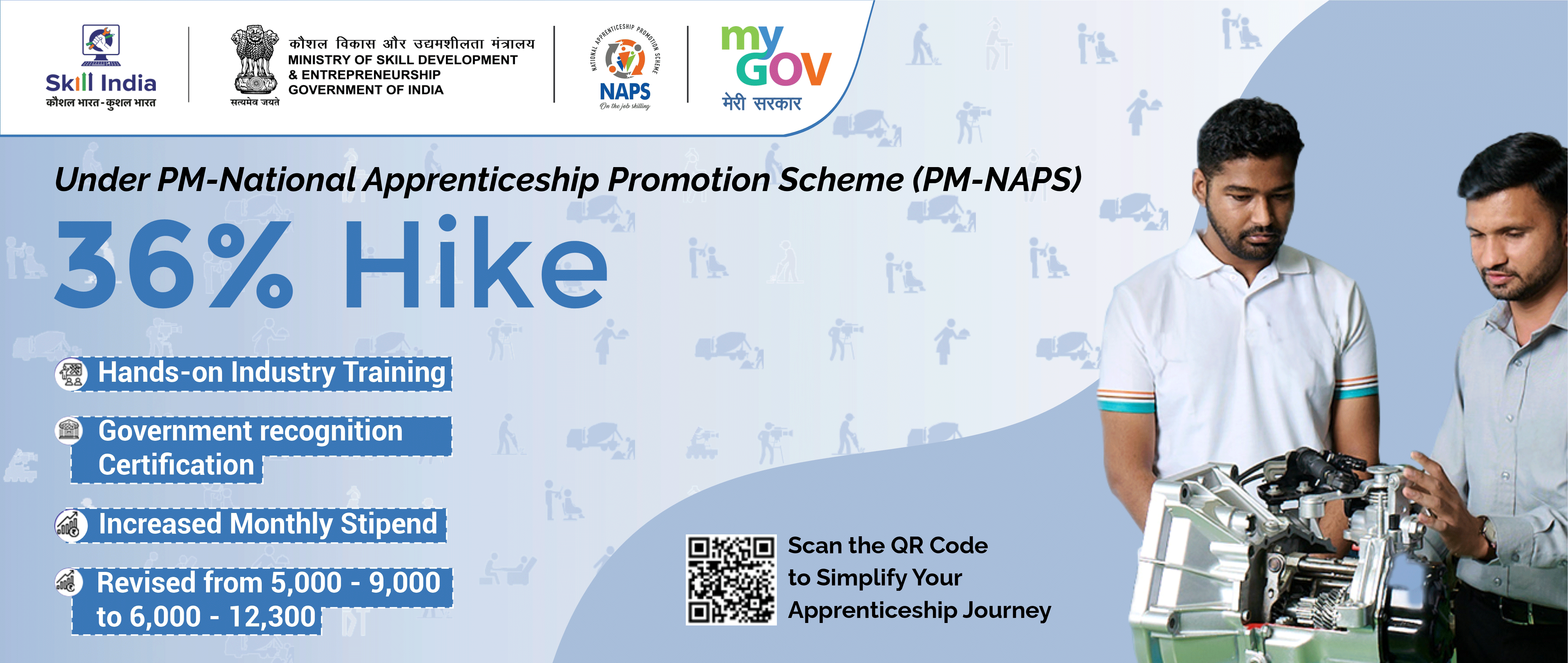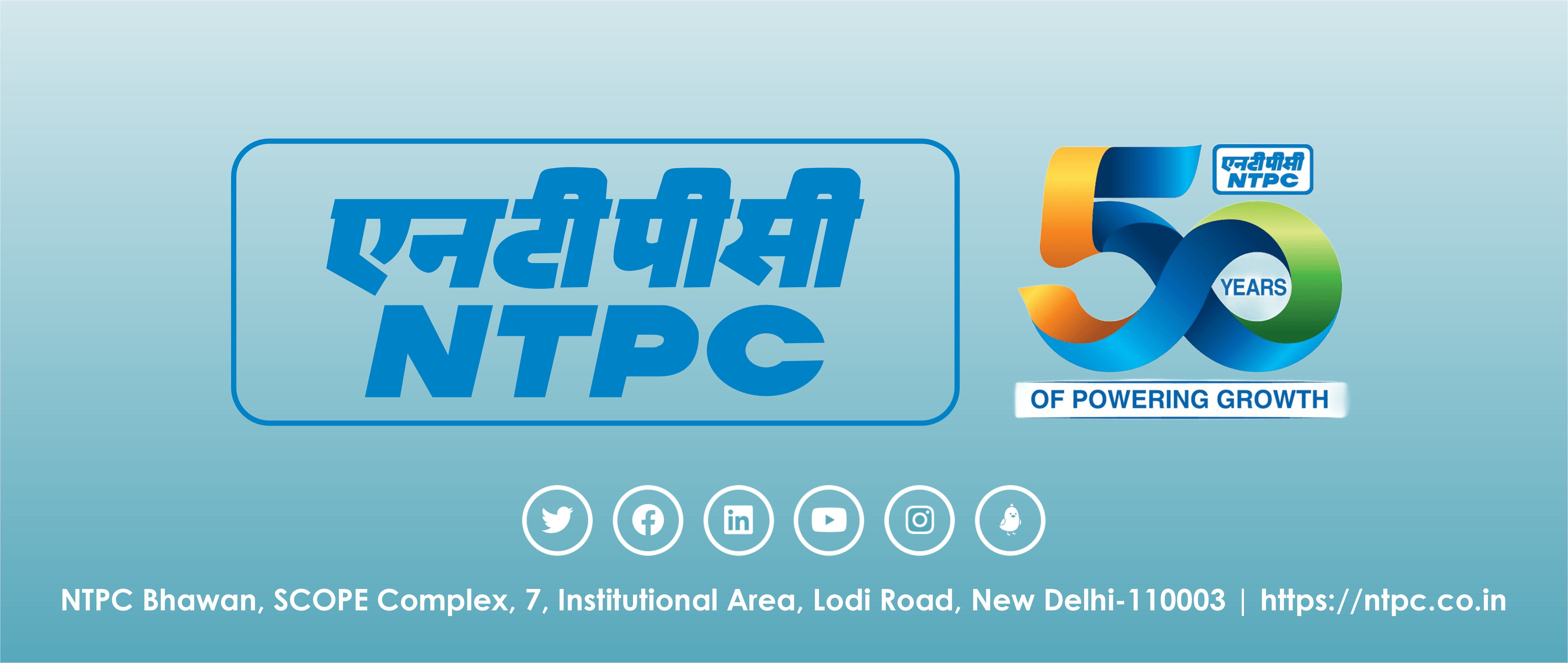TO RECIEVE EXCLUSIVE POSTS AND NEWS
On November 12,
Indianmandarins had reported first that both the government and the RBI have
sorted out their differences. Our report had pointed out the reasons for it,
even as the mainstream media (MSM) and left-wing intellectuals exaggerated the
simple differences of perception between the two organs of the State. The validity of
our November 12 report was proved on November 19. After a marathon nine-hour
'cordial and fruitful meeting', the Reserve Bank of India’s central board, on
which sit several government nominees and independent directors, struck a
middle ground to narrow the differences between the government and the central
bank. Nothing 'stormy' happened, as predicted by extremists.
The board
meeting agreed on two government proposals relating to the setting up of a
committee to review the Economic Capital Framework (ECF) and to consider
relaxing the Prompt Corrective Action (PCA) framework for PSBs. On the third
issue of easing credit flow to MSME, no decision was taken. The board
decided to constitute an expert committee to examine the ECF to determine the
level of reserves the central bank should hold vis-a-vis its assets so that the
excess can be transferred to the government. This was one of the key demands of
the government. The membership and terms of reference of the new committee will
be jointly determined by the government and the RBI. With regard to
banks under PCA, which restricts banks’ ability to lend and expand operations,
the board decided that the matter would be examined by the Board for Financial
Supervision (BFS) of the RBI. The government
wants the PCA framework relaxed so that the 11 public sector banks, which are
under the framework, can step up lending to support growth The board also
advised that the RBI consider a scheme for restructuring stressed standard
assets of micro, small and medium enterprise (MSME) borrowers with aggregate
credit facilities of up to Rs25 crores. But the demands
of some of the board members, representing the government view, for easing credit
flow to MSMEs, opening a separate liquidity for non-banking finance companies,
and a differential capital adequacy regime (with banks having global presence
following Basel-III capital adequacy norms and purely domestic banks with
relatively lower capital adequacy prescription) were not met. 
Readers' Choice
Clean chit to IPS officers: CAT holds RCB’s social media adventurism responsible for stampede 1 hour ago
R K Sharma is the new Rajasthan DGP 30 Jun 2025
Centre swings surprise, Gujarat DGP gets extension in service 30 Jun 2025
Tenure of Chhattisgarh Chief Secretary extended 30 Jun 2025
Rajesh Kumar appointed as Chief Secretary of Maharashtra 30 Jun 2025
RBI Board meeting disappoints 'extremists'
By IndianMandarins - 2018-11-20 11:03:23

On November 12,
Indianmandarins had reported first that both the government and the RBI have
sorted out their differences. Our report had pointed out the reasons for it,
even as the mainstream media (MSM) and left-wing intellectuals exaggerated the
simple differences of perception between the two organs of the State.
The validity of our November 12 report was proved on November 19. After a marathon nine-hour 'cordial and fruitful meeting', the Reserve Bank of India’s central board, on which sit several government nominees and independent directors, struck a middle ground to narrow the differences between the government and the central bank. Nothing 'stormy' happened, as predicted by extremists.
The board meeting agreed on two government proposals relating to the setting up of a committee to review the Economic Capital Framework (ECF) and to consider relaxing the Prompt Corrective Action (PCA) framework for PSBs. On the third issue of easing credit flow to MSME, no decision was taken.
The board decided to constitute an expert committee to examine the ECF to determine the level of reserves the central bank should hold vis-a-vis its assets so that the excess can be transferred to the government. This was one of the key demands of the government. The membership and terms of reference of the new committee will be jointly determined by the government and the RBI.
With regard to banks under PCA, which restricts banks’ ability to lend and expand operations, the board decided that the matter would be examined by the Board for Financial Supervision (BFS) of the RBI.
The government wants the PCA framework relaxed so that the 11 public sector banks, which are under the framework, can step up lending to support growth
The board also advised that the RBI consider a scheme for restructuring stressed standard assets of micro, small and medium enterprise (MSME) borrowers with aggregate credit facilities of up to Rs25 crores.
But the demands of some of the board members, representing the government view, for easing credit flow to MSMEs, opening a separate liquidity for non-banking finance companies, and a differential capital adequacy regime (with banks having global presence following Basel-III capital adequacy norms and purely domestic banks with relatively lower capital adequacy prescription) were not met.























